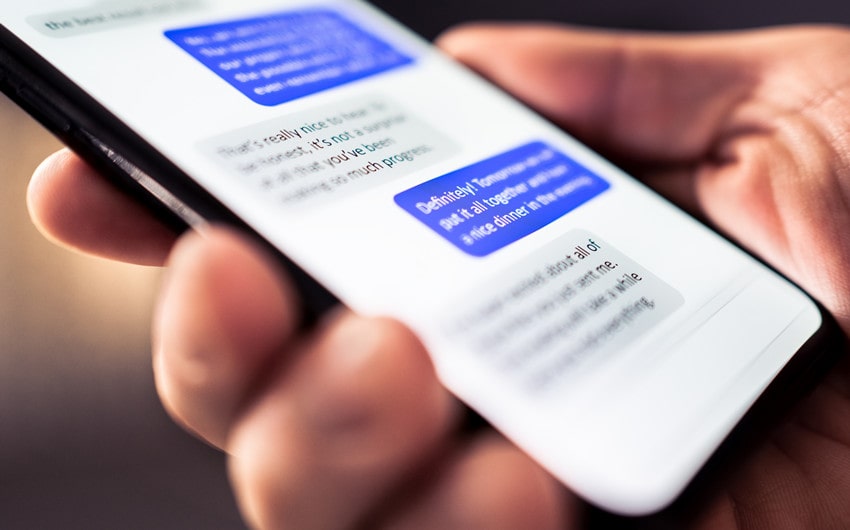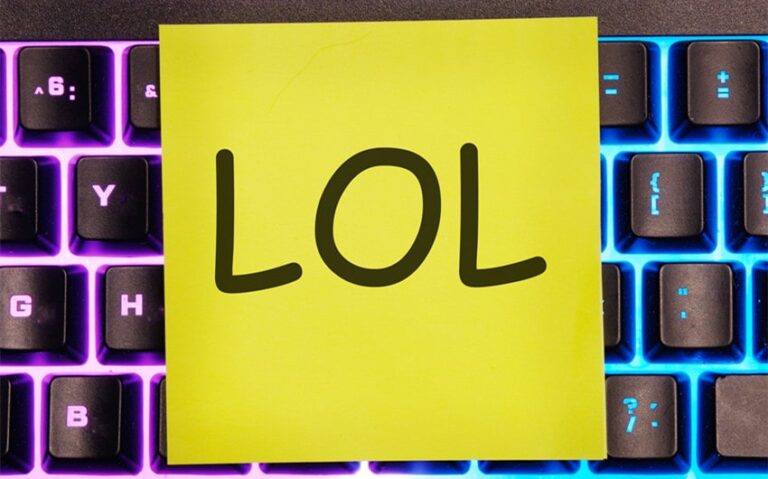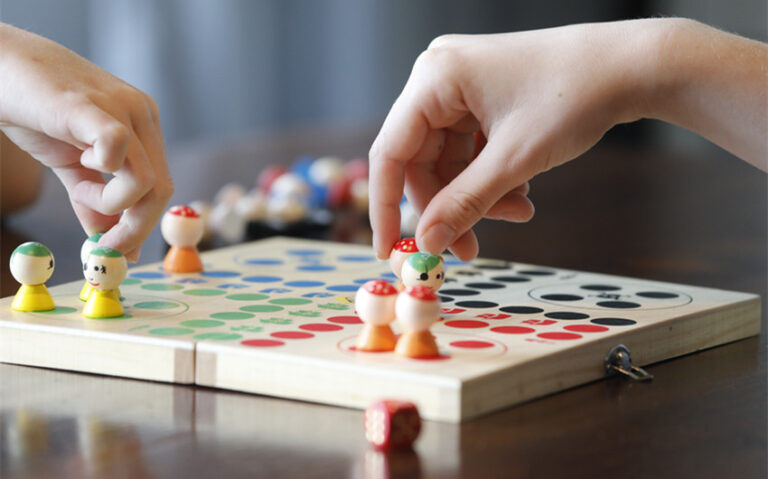How to Decode “Your Good” Meaning in Text Messages
Texting often leads to misunderstandings, especially with phrases that seem simple but carry different meanings. One example is “your good,” which is commonly used but not always clear. Depending on the context, it could mean reassurance or simply acknowledgment.
In this article, we’ll explore “your good” meaning in text and how you can interpret it in different conversations. By understanding this phrase better, you’ll avoid confusion and communicate more effectively when texting friends, family, or colleagues.
What Does “Your Good” Literally Mean?
The phrase “your good” is a casual expression commonly used in text messages to offer reassurance or acknowledgment. In its simplest form, it means “you’re fine” or “everything is okay.”
It’s often used when someone feels they may have made a mistake or inconvenienced someone else, and it provides quick reassurance that there’s no need for concern. For example, if a friend apologizes for running late, responding with “your good” tells them that it’s not a big deal and you’re not upset.
Although it’s a relaxed, conversational phrase, the meaning can vary slightly depending on the context. Sometimes, it’s used to dismiss minor concerns, and other times it can simply be a quick acknowledgment, letting the person know they’ve done well or that there are no issues.
Overall, “your good” serves as a simple, friendly way to put someone at ease and move the conversation forward without dwelling on the problem.
Common Contexts for “Your Good” in Texts

The phrase “your good” can be used in a variety of texting situations, each carrying slightly different meanings depending on the context. Here are some of the most common scenarios where you might encounter it:
1. In Reassurance or Comforting Contexts
When someone feels anxious or uncertain, a quick “your good” can be used to offer reassurance. For example, if a friend apologizes for something minor, replying with “your good” can mean, “Don’t worry, there’s no problem.” It’s a casual way to ease tension and let the other person know everything is okay.
Example:
- Friend: “Sorry I’m late! Traffic was terrible.”
- You: “No worries, your good!”
2. In Casual Conversations
In everyday chats, “your good” can be a way to express that someone is fine or that they’ve done well. For instance, if someone asks if they’ve done something right, a response of “your good” means they’ve handled the situation well or they’re on the right track. It’s a quick acknowledgment without going into too much detail.
Example:
- Friend: “Did I spell this right on the invitation?”
- You: “Yeah, your good.”
3. In Response to Gratitude
Sometimes, “your good” is used as a reply to a “thank you.” In this case, it can mean “You’re welcome” or “No problem,” serving as a shorthand acknowledgment that the person appreciates the thanks without needing to elaborate further.
Example:
- Friend: “Thanks for helping me with my assignment!”
- You: “Your good!”
4. In Misunderstood or Confusing Contexts
Without proper punctuation or context, “your good” can occasionally cause confusion. If someone sends this phrase out of the blue, it might leave the recipient wondering what exactly is meant. In this case, the meaning can feel vague, and clarifying the message may be necessary.
Example:
- Friend: “Did I do something wrong?”
- You: “Your good.”
- Friend: “Wait, do you mean I’m good or something else?”
Alternatives to “Your Good”
The phrase “your good” is commonly used in casual conversations, but there are plenty of other phrases that can convey similar meanings depending on the situation. Using alternatives can help avoid confusion, add variety to your responses, or offer more clarity in your communication. Here are some useful alternatives to “your good” that can fit different contexts:
1. “You’re Fine”
This is a straightforward and reassuring phrase often used when someone feels they’ve made a mistake or overstepped. Saying “you’re fine” tells the person that there’s no issue or hard feelings. For example, if someone apologizes for being late, responding with “you’re fine” lets them know it’s not a problem.
2. “No Problem”
A common and polite way to dismiss concerns or express that there’s no inconvenience. If someone thanks you or expresses worry about something minor, saying “no problem” shows that it didn’t bother you and that everything is okay. This alternative is often used in response to gratitude.
3. “It’s All Good”
“It’s all good” is a more relaxed and casual way of expressing that there’s no issue. It works well when you want to reassure someone that everything is fine in a laid-back, friendly way. For instance, if a friend apologizes for spilling something or missing a call, “it’s all good” helps ease their concern without making a big deal out of it.
4. “No Worries”
This is a very casual and popular phrase used to indicate that there’s no need for concern. “No worries” is a go-to response when someone feels they might have caused inconvenience, and it reassures them that everything is fine. It’s perfect for light-hearted or casual conversations with friends and colleagues.
5. “It’s Okay”
“It’s okay” is a more neutral, gentle way to provide reassurance. It works well in a variety of situations, from calming someone down to letting them know a mistake wasn’t a big deal. This alternative feels a bit more empathetic and can be used when the situation requires a softer tone.







